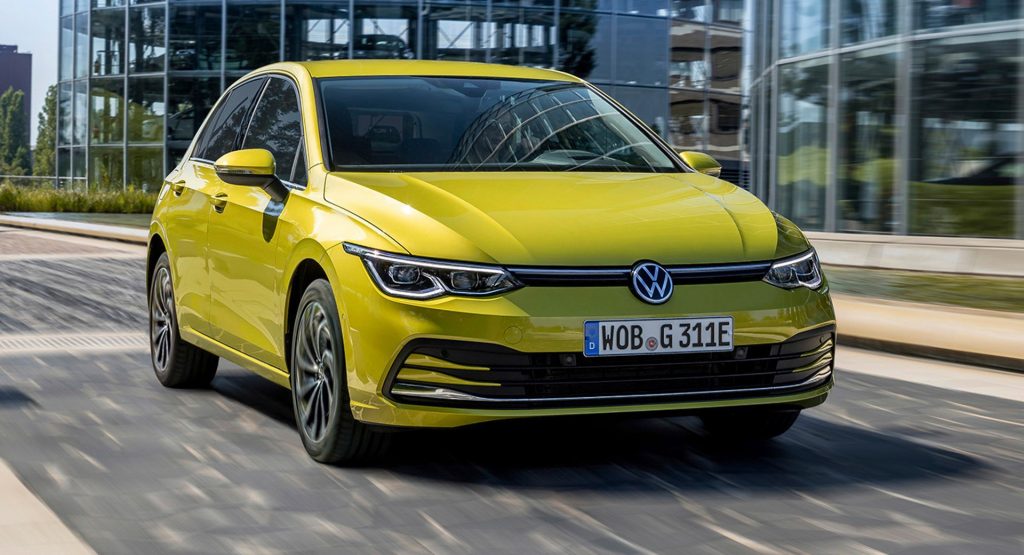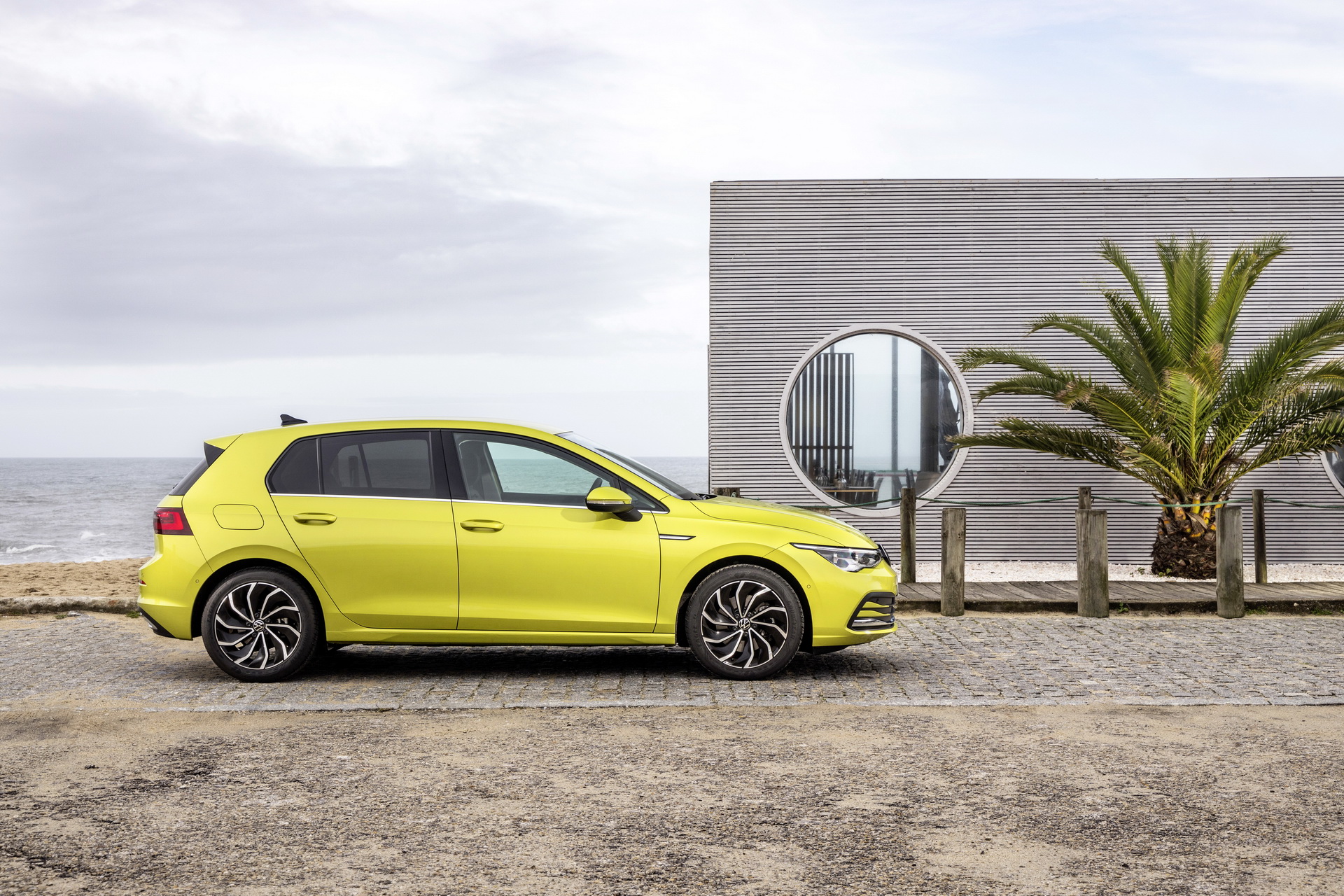The Volkswagen Group will cut 60 percent of its ICE-powered range in Europe by 2030 and shift its focus on margins instead of quantity by focusing on more profitable premium cars. This represents a significant departure from the growth-focused strategy in the past decades that made VW Group the largest automaker in the world in 2015 before being overtaken again by Toyota in 2020.
The German automotive giant that currently has a range of more than 100 models across all brands, has already started dropping petrol-powered and diesel-powered models in favor of electrification. However, the group’s new strategy isn’t entirely due the forthcoming ICE-ban in major western markets, as the supply shortage has played a significant role in their decision too.
The global chip shortage in combination with surging demand for new cars allowed premium brands like Mercedes-Benz and BMW to increase prices and achieve record profits last year despite reduced volume. VW wants to follow this example, spearheaded by Audi which has already announced a renewed focus on high-margin premium segments moving away from more mainstream models like the A1 supermini and the Q2 subcompact SUV. It is not by chance that the biggest chunk of VW’s €20 billion pre-tax profits last year came from Audi and Porsche.
Read Also: VW Sold 2.3 Million Fewer Cars In 2021 But Still Managed To Make More Money
Speaking to Financial Times, Arno Antlitz, Chief Financial Officer of the group said: “The key target is not growth. We are more focused on quality and on margins, rather than on volume and market share”. The high-ranked official said that VW is less dependent on volume and growth, since they managed to reduce fixed costs by 10 percent ahead of schedule. Therefore, the massive €52 billion investment for electric vehicles won’t be adding capacity to VW Group plants like Zwickau and Emden where production has been shifted from ICE-powered vehicles to EVs while retaining the same workforce.
Antlitz pointed out that EVs are not as profitable as ICE-powered models due to significantly increased cost of raw materials for the batteries. However, he is hopeful that the war will end soon and push down nickel prices, while he remains confident that production costs will be reduced in the long term thanks to new battery technologies.






